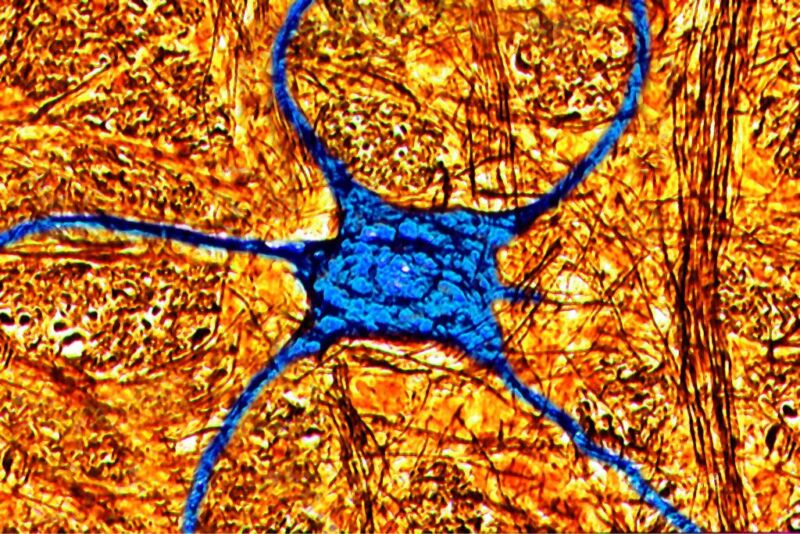Enlarge / Human Neuron, Digital Light Microscope. (Photo By BSIP/Universal Images Group via Getty Images) (credit: BSIP/Universal Images Group via Getty Images)
“Language is a huge field, and we are novices in this. We know a lot about how different areas of the brain are involved in linguistic tasks, but the details are not very clear,” says Mohsen Jamali, a computational neuroscience researcher at Harvard Medical School who led a recent study into the mechanism of human language comprehension.
“What was unique in our work was that we were looking at single neurons. There is a lot of studies like that on animals—studies in electrophysiology, but they are very limited in humans. We had a unique opportunity to access neurons in humans,” Jamali adds.
Probing the brain
Jamali’s experiment involved playing recorded sets of words to patients who, for clinical reasons, had implants that monitored the activity of neurons located in their left prefrontal cortex—the area that’s largely responsible for processing language. “We had data from two types of electrodes: the old-fashioned tungsten microarrays that can pick the activity of a few neurons; and the Neuropixel probes which are the latest development in electrophysiology,” Jamali says. The Neuropixels were first inserted in human patients in 2022 and could record the activity of over a hundred neurons.
Read 11 remaining paragraphs | Comments




